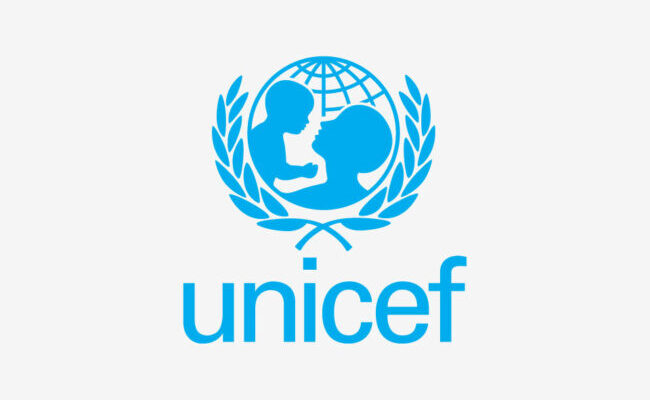

The United Nations Children’s Education Fund (UNICEF) has said that immunisation is one of its global advocacy priorities.
This was disclosed on Saturday by Dr Maryam Darwesh Said, Chief, UNICEF Field Office Sokoto during a 2-day media dialogue on routine immunization and zero doze reduction campaign, organised by UNICEF in collaboration with state primary Health care development agencies of Kebbi, Sokoto and Zamfara held at Sokoto Guest inn.

The Chief, UNICEF Field Office Sokoto, represented by Dr. Shamina Sharmin, Health Manager, UNICEF Sokoto Field Office said that it is no longer a secret that immunization is the most cost-effective, high-impact intervention for dealing with vaccine-preventable diseases, especially in children under five.
“Unfortunately, despite its efficacy, Immunization uptake has not always been at its highest level in some countries, with Nigeria not being an exception. According to the National Immuniaation Coverage Survey (NICS) 2021, Nigeria has made progress in immunization, with national Routine Immunization coverage of children receiving all three doses of the pentavalent vaccine at 57 percent but the Completeness of Routine Immunization coverage is 36 percent! For northwest Nigeria, the figure is only 25 percent.
According to her, recent data from UNICEF’s flagship report, the State of the World Children’s Report (SOWC) 2023, lists Nigeria as one of the countries with highest Zero Dose children – a reference to children who didn’t receive a single dose of antigens they should have taken at their age to give them protection from vaccine-preventable diseases.
“As of the end of 2021, India and Nigeria had the most significant numbers of zero-dose children.”
She stressed that Disseminating accurate information and avoiding the spread of misinformation is essential to ensuring every child is protected with life-saving vaccines.
“Nigeria needs to build on the gains made in Routine Immunisation by sustaining awareness of the importance of Routine Immunization in the minds of caregivers, communities, decision-makers, and the public.
“UNICEF is committed to providing caregivers and communities with fact-based information on vaccines. Through community-level engagement and building partnerships.”
She further disclosed that UNICEF works to build trust, involves developing alliances with the media, civil society organizations, and faith-based organisations to increase awareness in underserved and under reached communities.
“States covered by the Sokoto FO have the highest burden of Unimmunized children in Nigeria, with the FO harboring 22 LGAs out of the 100 high burden zero dose LGAs in Nigeria.
“The recent outbreaks of Diphtheria in Kebbi, Sokoto, and Zamfara were found to have occurred in locations with zero-dose children.”This points to the imperative of strengthening Routine Immunization as the outbreaks signpost the danger posed to children’s lives by low immunisation coverage levels.
“Immunisation is one of UNICEF’s Global Advocacy Priorities, keeping conversations on Routine Immunization on the front burner of Nigeria’s public discourse is essential.”
She maintained that to achieve routine immunisation, some strategic and constructive engagement of the media with its mass-mediated news and information dissemination platforms is imperative.
READ ALSO FROM NIGERIAN TRIBUNE








